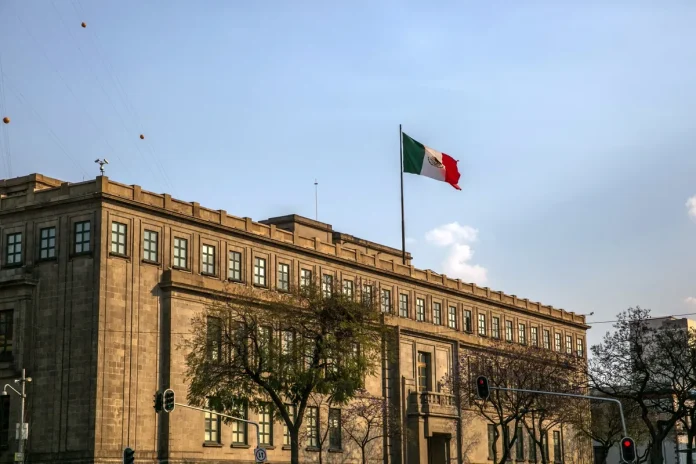Mexico’s Supreme Court dealt a blow Tuesday to opponents of a controversial judicial reform. The court failed to win the necessary majority to overturn key elements of the reform.
The decision leaves in place much of the ruling party’s plan to reform the judiciary. The reform, passed by lawmakers in September, calls for the direct election of judges and magistrates.
Critics say the change threatens the independence of the judiciary. Supporters say it will make the courts more accountable to the people. President Claudia Sheinbaum won a significant victory.
The court’s decision averted a potential clash between the executive and judicial branches. Such a conflict could have led to a constitutional crisis. Seven of the eleven justices voted in favour of striking down part of the reform.
However, eight votes were needed to pass the measure. This slim margin indicates deep divisions within the court on this issue. The reform requires elections in June 2025 to fill a wide range of judicial positions.
In addition, this includes all Supreme Court judges, whose number will be reduced from eleven to nine. More than 1,600 judicial positions across the country will be subject to popular vote.
Judicial reforms in Mexico
Opponents of reform fear that elected judges may favour popularity over impartial justice. They fear that political influence could jeopardise the integrity of the legal system.
Supporters argue that the changes will curb corruption and nepotism in the judiciary. The reform also introduces a Judicial Discipline Tribunal to monitor the behaviour of judges.
This body will have the power to sanction or remove judges. Its members will also be elected by popular vote. Mexico’s lower house of Congress recently passed a law protecting constitutional amendments from legal challenges.
The move raised questions about the Supreme Court’s authority to consider such changes. It also raised concerns about the balance of power between the branches of government.
The court’s decision not to invalidate the reform marks a turning point in Mexican politics. It signals a shift to a more populist approach to the judiciary.
These changes are in line with President Sheinbaum’s vision for the country’s legal system. As Mexico prepares for judicial elections in 2025, the impact of this reform remains uncertain.
The coming years will show whether it will strengthen or weaken the country’s democratic institutions. The balance between judicial independence and public accountability is in the balance.
